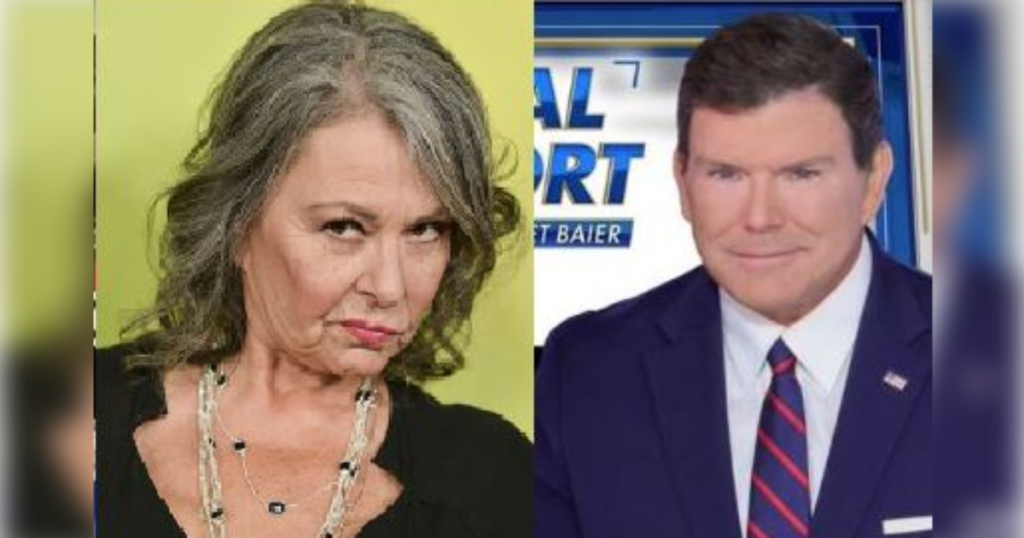On Wednesday, October 14, 2024, FOX News host Bret Baier is set to conduct an interview with Vice President Kamala Harris. This interview comes at a time when Harris’s approval ratings are declining, raising speculation about her willingness to engage with the media, particularly under circumstances that might seem favorable to her. In the past, Harris has been reluctant to debate former President Donald Trump on Fox News, leading some to view her current decision as a strategic shift in response to mounting pressures. Observers anticipate that Baier’s approach may be more accommodating, labeling him as a “Trump-hating RINO” (Republican In Name Only), suggesting that his questioning might refrain from challenging Harris rigorously.
Bret Baier’s reputation as a journalist has come under scrutiny, particularly among Trump’s supporters, who believe he has shown bias against the former president. Instances in which Baier criticized Trump during his classified documents controversy, contrasted with defense of former Vice President Mike Pence during similar allegations, have marked him as inconsistent. Additionally, Baier’s previous endorsement of Cassidy Hutchinson, despite her dubious claims about Trump’s conduct on January 6, 2021, has further fueled skepticism regarding his credibility and impartiality. Critics argue that such patterns reveal Baier’s tendency to side with narratives that oppose Trump rather than uphold journalistic integrity.
In response to Baier’s announcement, Trump himself reacted through a post on his platform, Truth Social, criticizing both Baier and Harris. He highlighted the perceived irony in Harris choosing Baier for what he assumes will be a non-confrontational interview. Trump’s call for a more “hard-hitting journalist” underscores his belief that the media landscape has shifted towards favoring Democrat representatives, which he views as detrimental to fair political discourse. Nevertheless, Trump’s commentary reflects a broader sentiment among his base that seeks accountability and rigor from journalists, contrasting with the expectations some hold for Baier’s forthcoming interview with Harris.
Within the context of social media, Baier’s invitation for questions from his audience sparked a wave of critical responses. Many users suggested that the interview would lack substance, with comments indicating that Harris would not be adequately challenged during the dialogue. Notably, comedian Roseanne Barr’s tweet resonated with many who viewed it as a poignant critique of Harris’s media strategies, suggesting that the Vice President purposefully avoids challenging interviews. Barr’s remarks captured the essence of the skepticism surrounding the interview, with concerns expressed over the potential for a “softball” engagement that might prioritize political propriety over tough questioning.
As the interview approaches, the public’s anticipation centers on both the format of Baier’s questioning and Harris’s responses. The online discourse showcases a divide in audience expectations, revealing that many see this interview as a litmus test for Baier’s journalistic integrity and Harris’s willingness to engage substantively with difficult issues. Some believe that the need for a more serious and thorough examination of the administration’s policies and actions is critical, especially given the increasing challenges the Biden-Harris administration faces as it seeks re-election amid declining public support.
In conclusion, the forthcoming interview between Bret Baier and Kamala Harris encapsulates broader themes of media bias, political strategy, and audience expectations in the current politically charged atmosphere. As both figures navigate this crucial moment, the public’s response—and the ultimate outcome of the discussion—could significantly impact their respective standings in an increasingly polarized political environment. As voters approach the upcoming elections, the significance of such interviews in shaping public perception and accountability in political discourse will be under scrutiny, highlighting the evolving relationship between media figures and the political landscape.

